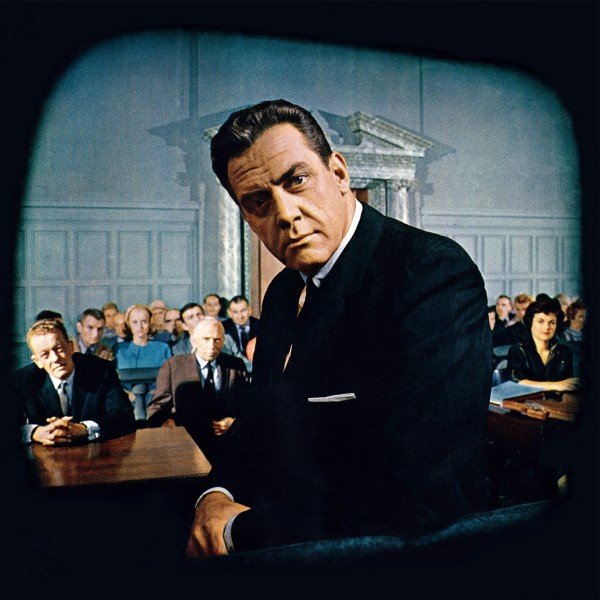Lawyers often have to take taking taking customers who do not have too much defesses for the stressed crimes or the alleged civilians wrong. However, our opposite justice system requires that people get solid representation, as justice is easier to achieve when the best arguments are presented by all sides. Like Attortey, it can sometimes be easy to give up and throw the towel in certain aspects of a representation. In most situations, however, lawyers should not go down without a fight.
I do not handle criminal affairs, goals in civilian handles, included landlord-tenant, commercial disputes and other questions. In many situations, I can briefly promote easy arguments for taking up my client’s interest. Sometimes, however, my client is guilty of the leading alleged, and it is difficult to argue that my client should therefore not be subject to the consequences of these actions.
Earlier in my career, I represent a customer in an exposure state filed by a landlord. My client had not paid the back which is due to during the lease. As a result, the landlord introduced a deferral act. None of the typical arguments for the tenant existed, as the landlord did not contravene the lease itself, nor had the landlord constructively expelled the tenant or committed any other form of injury.
The landlord’s lawyer asked me before the exposure attempt if I would allow the landlord to take a verdict on possession against my client without resistance. I quickly rejected this proposal. Like Attorney, I had an obligation to diligently take up my client and I didn’t think I would fulfill this obligation by refusing to beat a fight. I told the landlord’s lawyer that I would hold the landlord to its burden of proof, so I would not allow the landlord to get a judging of cosion against my client without a fight. The landlord’s lawyer did not seem satisfied with this response sale that the landlord’s lawyer would have to go on a case before a judgment of possession was one there.
At the exposure attempt, the landlord had a witness who did not have first -hand knowledge of the lease in this case. This witness did not sign the lease either, nor was he witnessed the execution of the lease. Furthermore, the landlord’s witness did not have first -hand knowledge of how back was paid to the landlord and did not personally track all the repayments made by tenants. Then I submitted the short one that the landlord was unable to authenticate the lease during the trial and did not present ENFH certificates to show that my client did not submit back as required by the lease.
The court ended up taking advantage of the landlord, but these approvals from putting my client in a good place if we would appeal the decision. In the end, my client settled with the landlord and a postponement was avoided. It is possible that if my client has simmered the landlord to get a judgment on possession without a fight, the landlord would have been in a better post and would have negotiated a less advantageous solution to solve this situation.
Of race, lawyers have a responsibility to avoid junk arguments, and in some situations it is almost impossible to make an argument that favors the customer. However, lawyers should never go down without a fight, and lawyers can usually use some creativity and research to promote a kind of argument in favor of a client. Making any argument available to a customer can help promote a customer’s interests and ensure that a customer gets the best possible result when faced with a legal problem.
Jordan Rothman is the partner of Rothman -AgvokatfirmaetA law firm with full service and New Jersey Law Firm. He is also the founder of Student Debt DiariesA site discusses how he paid his student loans. You can reach Jordan via E -Mail at Jordan@Rothmyear.
